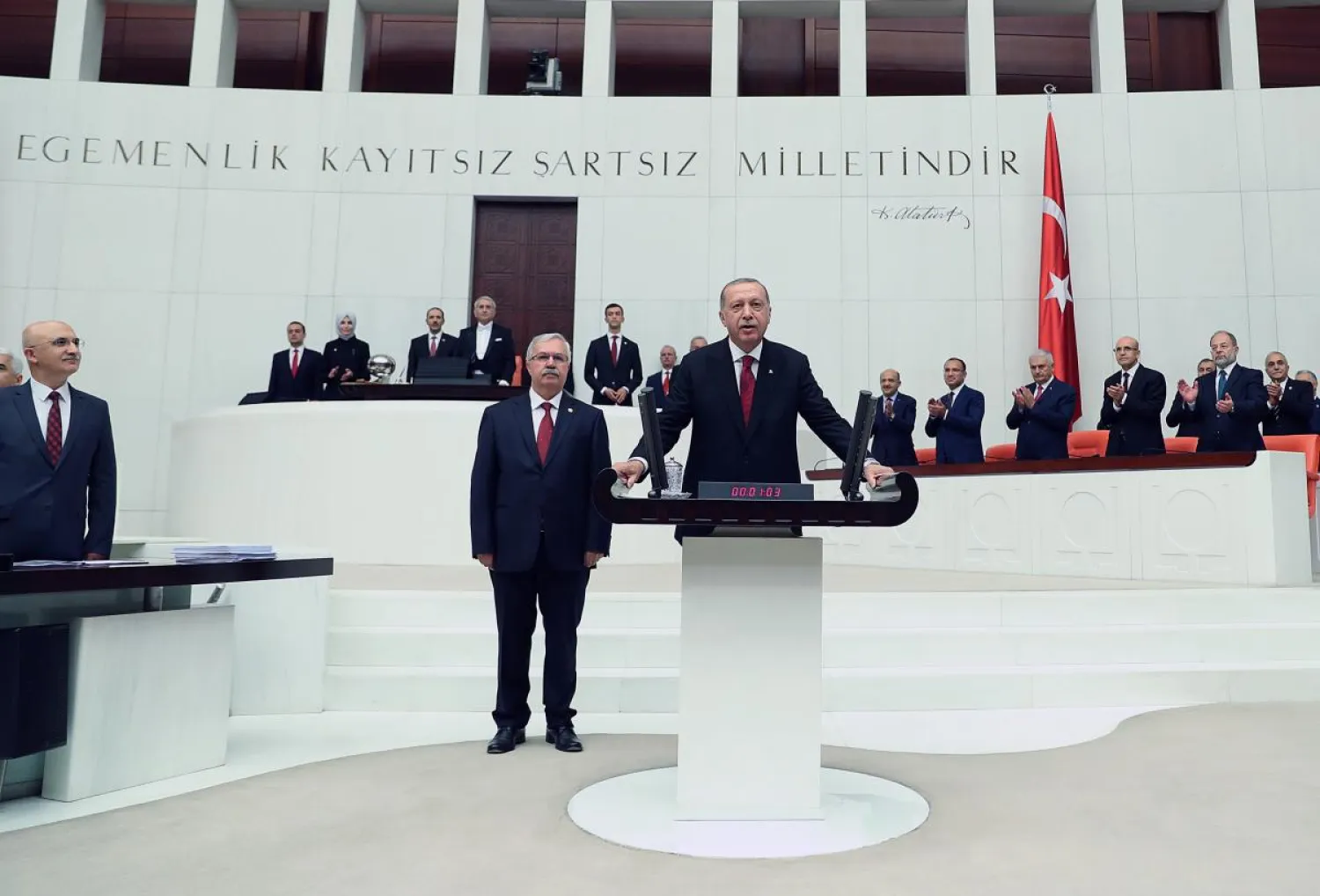Iran's top diplomat Abbas Araghchi said on Wednesday that Tehran was "drafting" a framework for future talks with the United States, as the US energy secretary said Washington would stop Iran's nuclear ambitions "one way or another".
Diplomatic efforts are underway to avert the possibility of US military intervention in Iran, with Washington conducting a military build-up in the region.
Iran and the US held a second round of Oman-mediated negotiations on Tuesday in Geneva, after talks last year collapsed following Israel's attack on Iran in June, which started a 12-day war.
Araghchi said on Tuesday that Tehran had agreed with Washington on "guiding principles", but US Vice President JD Vance said Tehran had not yet acknowledged all of Washington's "red lines".
On Wednesday, Araghchi held a phone call with Rafael Grossi, the head of the UN nuclear watchdog, the International Atomic Energy Agency.
In the call, Araghchi "stressed Iran's focus on drafting an initial and coherent framework to advance future talks", according to a statement from the Iranian foreign ministry.
Also on Wednesday, US Energy Secretary Chris Wright warned that Washington would deter Tehran from acquiring nuclear weapons "one way or the other".
"They've been very clear about what they would do with nuclear weapons. It's entirely unacceptable," Wright told reporters in Paris on the sidelines of meetings of the International Energy Agency.
Earlier on Wednesday, Reza Najafi, Iran's permanent representative to the IAEA in Vienna, held a joint meeting with Grossi and the ambassadors of China and Russia "to exchange views" on the upcoming session of the agency's board of governors meetings and "developments related to Iran's nuclear program", Iran's mission in Vienna said on X.
Tehran has suspended some cooperation with the IAEA and restricted the watchdog's inspectors from accessing sites bombed by Israel and the United States, accusing the UN body of bias and of failing to condemn the strikes.
- Displays of military might -
The Omani-mediated talks were aimed at averting the possibility of US military action, while Tehran is demanding the lifting of US sanctions that are crippling its economy.
Iran has insisted that the discussions be limited to the nuclear issue, though Washington has previously pushed for Tehran's ballistic missiles program and support for armed groups in the region to be on the table.
US President Donald Trump has repeatedly threatened to intervene militarily against Iran, first over a deadly crackdown on protesters last month and then more recently over its nuclear program.
On Wednesday, Israeli President Isaac Herzog sent a message to Iranians, saying "I want to send the people of Iran best wishes for the month of Ramadan, and I truly hope and pray that this reign of terror will end and that we will see a different era in the Middle East," according to a statement from his office.
Washington has ordered two aircraft carriers to the region, with the first, the USS Abraham Lincoln with nearly 80 aircraft, positioned about 700 kilometers (435 miles) from the Iranian coast as of Sunday, satellite images showed.
Iran has also sought to display its own military might, with its Islamic Revolutionary Guard Corps beginning a series of war games on Monday in the Strait of Hormuz.
Iranian politicians have repeatedly threatened to block the strait, a major global conduit for oil and gas.
On Tuesday, state TV reported that Tehran would close parts of the waterway for safety measures during the drills.
Iran's supreme leader warned on Tuesday that the country had the ability to sink a US warship deployed to the region.









